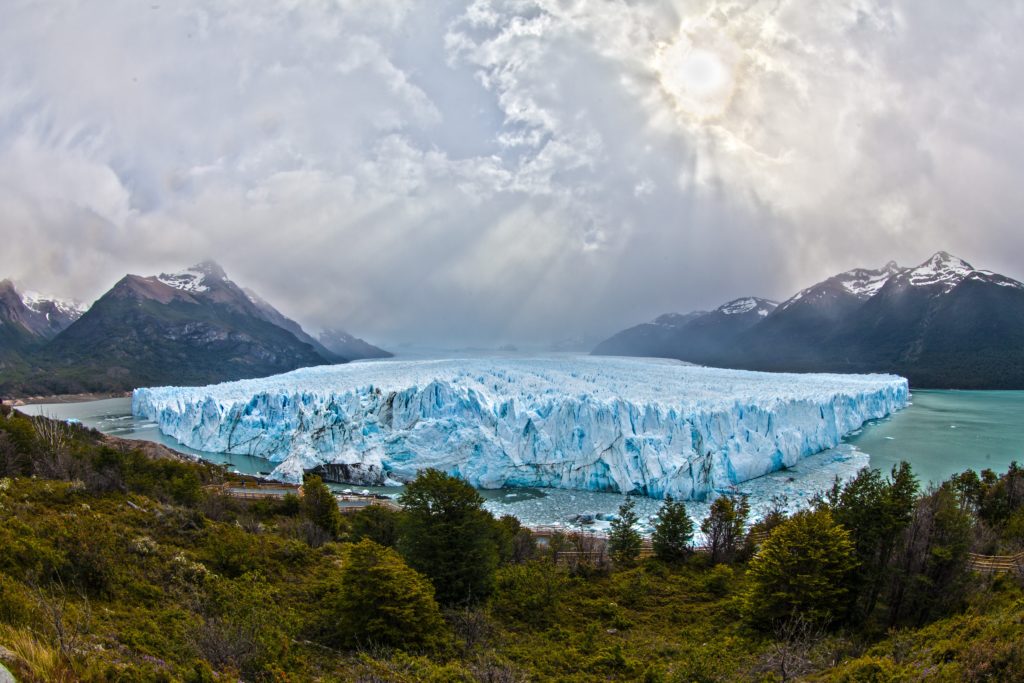
A UN human rights report on Tuesday highlighted the “Climate apartheid” the world is headed towards, where the rich escape the disastrous effects of climate change while the poor bite the bullet.
Philip Aston, the special rapporteur on extreme poverty to the UN Human Rights Council, panned out the failures of governments in effectively coping with climate change despite warnings from scientists since the 1970s, referring to “thirty years of [climate change] conventions” as having little effect and “an over-reliance on the private sector” conceivably leading to an apartheid of suffering between the rich and the poor.
The wealthy could “pay to escape overheating, hunger, and conflict, whilst the rest of the world is left to suffer”, he wrote. If governments neglect effective measures and rely solely on the private sector to contend with global warming, then, according to Aston, we could almost guarantee “massive human rights violations” where “hundreds of millions will face food insecurity, forced migration, disease and death.”
The reality is harsh. Climate change is only a mere brick within the colossal mansion of global tragedies constructed by humanity. Rifts between the rich and the poor are growing and climate change is another category that is aiding this gap in the society.
The Head of the Ahmadiyya Muslim Jamaat, Hazrat Mirza Masroor Ahmadaa has pinpointed the upsetting consequences of disparity between rich and poor nations before the Standing Committee on Foreign Affairs at the Netherlands National Parliament in 2015 saying:
“In terms of international relations, a major source of conflict may well be the discrepancy between the rich and poor nations of the world.” However, addressing the solution, Hazrat Amirul Momineenaa has, and continues to, underline the cause of these destructive “discrepancies” – the absence of justice.
An underlying theme throughout the UN report was the vital role and responsibility of governments in acting, consequently reducing suffering of the underprivileged.
Much of the current fiasco of global issues boils down to the responsibility of those in authority – wars, poverty, national health issues and economic downfalls can wholly or partly be side-stepped if those in power not merely act, but rather do so with absolute justice.
The importance of unqualified justice and freeing ourselves from the shackles of vested interests is the Quranic antidote to global unrest Huzooraa has stressed for years on end.
Global warming will continue to destroy the bridge between the rich and poor and as Hazrat Mirza Masroor Ahmadaa has expressed, advocacy for taking care of our planet is “an extremely precious and noble cause”.
Going “green” will most definitely aid in reducing the burden on poor nations, however, the same global cry we hear for climate change is needed for more critical issues at hand; addressing poverty head on, the global arms race, the chaos of wars and conflicts, the rise of nationalism, terrorism and the injustices by governments upon their populace.
A mere scan of the world’s news unearths the suffering, pain and destruction wars have caused throughout the world, especially in the Middle East. Yet the same cries and anguish in response to issues like climate change cannot be heard at a similar scale. Thus, as Hazrat Mirza Masroor Ahmadaa has said, “On the one hand, we are trying to save the planet, yet with our other hand, we are senselessly destroying it.”
Global warming is another ingredient added to the cauldron of global unrest. Nevertheless, for lasting peace we cannot turn a blind eye to the problems that deserve our prime attention and as Hazrat Mirza Masroor Ahmadaa has stressed, “If we are to leave behind a legacy of hope for our children, and bequeath a peaceful world to our future generations, we, irrespective of our religion or beliefs, need to urgently change our priorities.”

